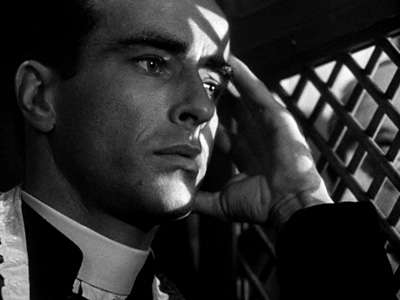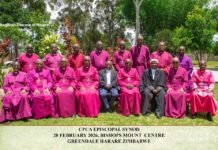India’s top court has agreed to examine a demand to ban the practice of confessing sins to a priest in the Malankara Orthodox Syrian Church after a complaint that it violates individuals’ privacy.
The Supreme Court of India on Dec. 14 sought the opinion of the head of the Orthodox Church, based in Kerala state in southern India, and the federal government, among others, on the complaint that came to court as public interest litigation.
The petitioners — Mathew T. Mathachan, P.J. Shaji and C.V. Jose, all members of the Orthodox Church — wanted the court to ban the age-old Christian practice of confession, claiming it violated privacy and human dignity.
The petition cited instances of priests blackmailing and sexually exploiting women by threatening to expose their confessional secrets to husbands.
A three-judge bench, headed by Chief Justice of India Sharad Arvind Bobde, prima facie found merits in the petition and agreed to examine it after hearing from all the parties.
The petition said churches have made confession mandatory for members. “The compulsion to confess is a serious intrusion into the privacy of a person,” it said.
The petitioners said the “pernicious practice of forced, compulsory and a mandatory confession from every member (both men and women) is causing several other problems including sexual exploitation of women and blackmailing.”
The petition claimed that priests even exploit men by extorting money for not exposing their confessional secrets to wives.
Church authorities, however, reacted very cautiously to the court seeking an opinion.
“Confession is an important sacrament and an integral part of practicing our Christian faith,” said Father Johns Abraham Konatt, spokesperson for the Orthodox Church.
He said they are aware of the court seeking their church’s opinion on the issue but they have not yet received the notice, he told UCA News on Dec. 15. “We will file our reply once we get the notice,” he said.
“There might be a few instances of misuse of confession, but that does not mean that the sacrament should be done away with,” the priest told UCA News on Dec. 15.
The demand to bn confession gained momentum in June 2018, when the Orthodox Church suspended five of its priests following allegations that they sexually abused a mother of two children by using her confession secrets to blackmail her.
It was alleged that the priest had sex with the woman after threatening her to break the “seal of confession” to reveal some of her confession secrets to her husband.
He allegedly video-recorded the sex act and passed the information and video to another priest, who also blackmailed her into having sex.
Father Konatt, however, said the top court would understand the importance of the sacrament of confession and will “not interfere in its practice because as it is a strictly personal issue for a believer.”
If the court bans confession, it will impact Christian groups following the practice, such as Catholics, who constitute some 70 percent of India’s 29 million Christians in a population of 1.3 billion.
Christian activist C.S. Chacko filed a similar petition in 2018 in Kerala High Court arguing that the practice violated Article 21 of the constitution, which guarantees “right to life and personal liberty.”
The court, however, dismissed the petition and said the “constitution also mandates that a person has the right to join or leave a religion as per his choice and there is no compulsion on this.”



